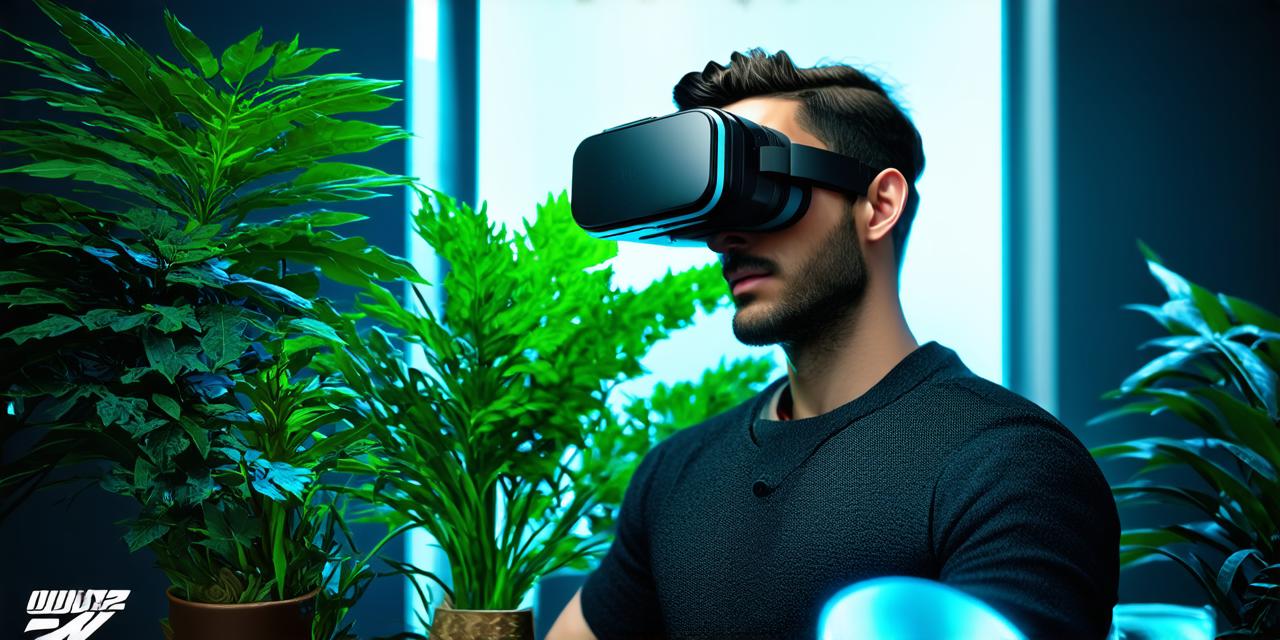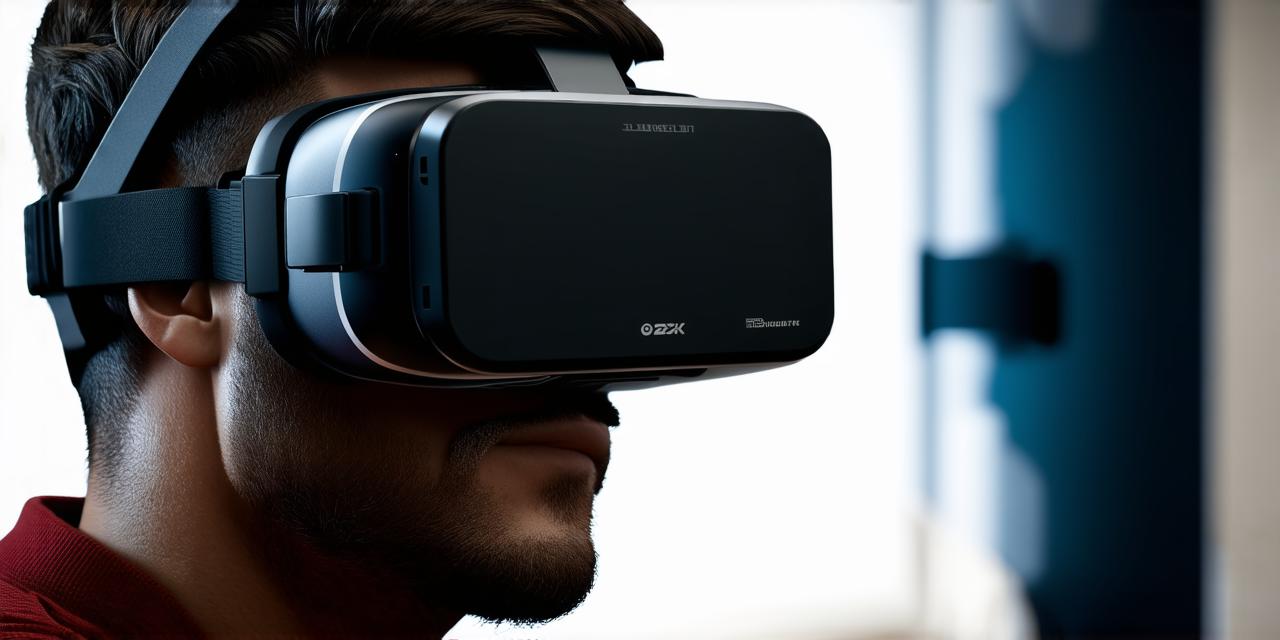Virtual reality (VR) is an exciting technology that has the potential to revolutionize the way we experience and interact with digital content. If you’re an AR developer looking to launch a VR business, you’ve come to the right place. In this guide, we’ll explore everything you need to know to get your VR business off the ground, from market research to marketing strategies and beyond.
Market Research: The Key to Success
Before launching any business, it’s important to conduct thorough market research to understand the needs and preferences of your target audience. When it comes to VR, this means understanding the different types of content that people are interested in, such as gaming, education, healthcare, and entertainment. You’ll also need to consider factors like consumer demographics, purchasing behavior, and technological trends.
One way to gather this information is through surveys and focus groups. By directly asking potential customers what they want and need from VR experiences, you can gain valuable insights into the market and develop products that meet their needs. Additionally, keeping up with industry news and attending trade shows can help you stay on top of the latest trends and developments in VR technology.
Developing Your VR Business Plan
Once you’ve completed your market research, it’s time to develop a business plan that outlines your goals, target audience, marketing strategies, financial projections, and more. This document will serve as a roadmap for your VR business and help guide you as you make key decisions about product development, pricing, and distribution.
Some important elements to include in your VR business plan are:
- A clear and concise description of your business and its mission
- An overview of the target market and consumer demographics
- A detailed product description that outlines the features and benefits of your VR experiences
- Financial projections, including projected revenue and expenses
- A marketing strategy that includes tactics for reaching your target audience and building brand awareness
- A plan for distribution and logistics, including how you will manufacture, distribute, and sell your VR products
Building Your VR Team
Launching a successful VR business requires a team of talented individuals with diverse skill sets. Some key roles to consider include:
- Content developers who can create immersive and engaging VR experiences
- Technical experts who can ensure that your VR products are compatible with the latest hardware and software
- Marketing and sales professionals who can help build brand awareness and generate revenue
- Business development specialists who can identify new opportunities for growth and expansion
Finding the Right Funding
Launching a VR business can be expensive, especially if you’re developing a product that requires specialized hardware or software. To secure funding for your VR business, you may need to consider a variety of options, such as:
- Angel investors who are willing to provide capital in exchange for equity in your company
- Venture capitalists who specialize in funding innovative technologies and startups
- Crowdfunding platforms like Kickstarter or Indiegogo that allow you to raise funds from a large number of people
- Government grants and loans that are available to support research and development in VR technology

Marketing Your VR Business
Once your VR business is up and running, it’s important to develop a marketing strategy that will help build brand awareness and generate revenue.




